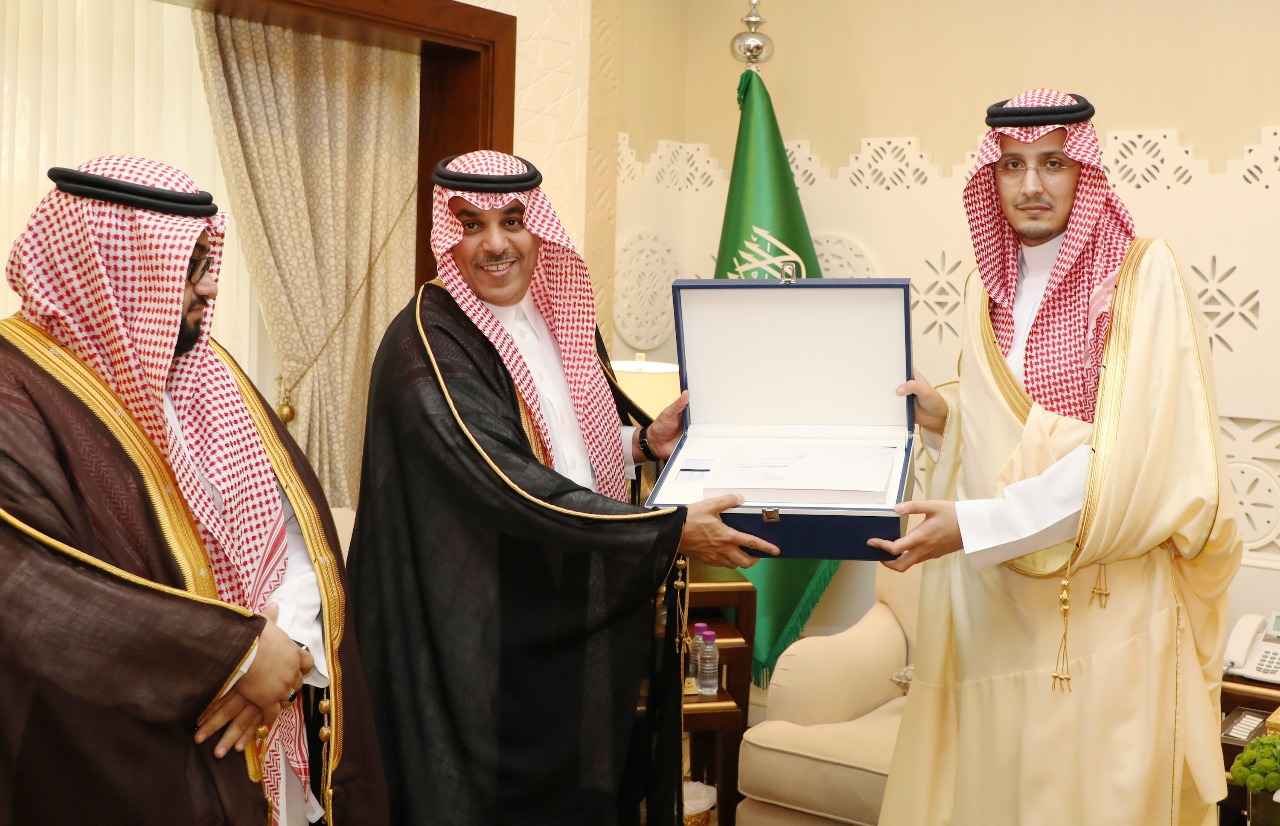
The Prince of the Eastern Province, Prince Ahmad Bin Fahad Values the Role of GaStat in Providing Updated Data and Statistics to All Government Entities
26-02-2018
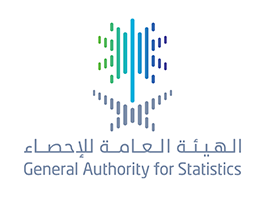
50 Students Participate at the General Authority for Statistics “Cooperative Training Program" this semester
25-02-2018
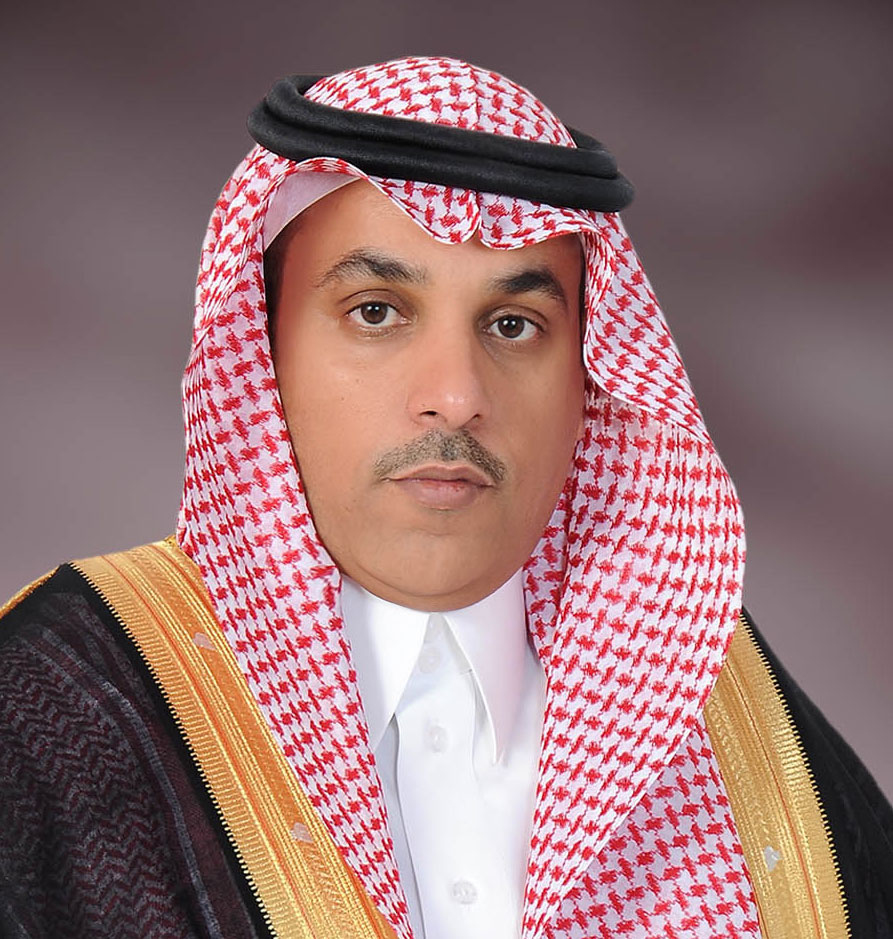
“Saudi Statistics” is a member in the Global Work Group on big data for official statistics
07-02-2018
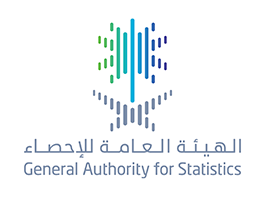
GaStat Releases Real-Estate Prices Index for the 4th Quarter 2017
29-01-2018
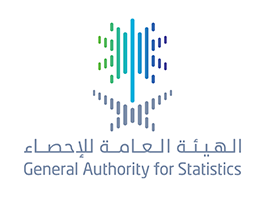
Housing Survey 2017 Findings Now Released by GaStat
28-01-2018
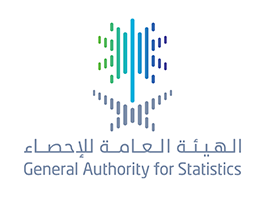
GaStat: (2.9%) of Saudi population have disability with (extreme) difficulty
11-01-2018

GASTAT spokesman: Unemployment rates are calculated according to international standards and published by GASTAT through various channels on its official website and social media accounts
10-01-2018
The overall unemployment rate among the population is 5.8%, while the rate for Saudi citizens is 12.8%.
General Authority for Statistics (GASTAT) spokesman: Unemployment rates are calculated according to international standards and are published through GASTAT’s official website and social media platforms.
In response to recent discussions regarding the unemployment rate among Saudi citizens, the accuracy of the published figure, and various interpretations attempting to estimate the unemployment rate, the official spokesman of GASTAT, Mr. Taiseer Al-Mufarrej, clarified that GASTAT has published the Labor Market Report for the third quarter of 2017 through its official website. The report provides comprehensive indicators on the labor market in the Kingdom based on two main sources. The first is actual estimates derived from the Labor Force Survey conducted quarterly by GASTAT. The second is administrative data obtained from relevant agencies including The Ministry of Labor and Social Development, the Ministry of Civil Service, the General Organization for Social Insurance (GOSI), the Human Resources Development Fund, and the National Information Center (NIC).
The report, along with the main press release issued by GASTAT at the time, included both the overall unemployment rate for the total population and the unemployment rate specific to Saudi citizens. The results of the report for the third quarter of 2017 showed that the overall unemployment rate among the population was 5.8%, which represents a decrease compared to 6.0% in the second quarter. The unemployment rate for Saudi citizens remained unchanged at 12.8% in both the second and third quarters.
Regarding the incorrect interpretations of the unemployment rate that were observed, Al-Mufarrej stated that these interpretations revolve around two main issues. The first involves misreadings and assumptions regarding the actual unemployment rate and how it is calculated. In this regard, he emphasized that GASTAT adopts internationally recognized methodologies that are followed by global statistical organizations, in the same manner as other official statistical agencies around the world, in estimating unemployment rates. GASTAT publishes detailed breakdowns by gender, nationality, and administrative region. Therefore, any alternative method of estimating unemployment that does not follow these established standards is incorrect and should not be considered.
The second issue observed is the failure to distinguish between the overall unemployment rate for the total population and the unemployment rate specific to Saudi citizens. GASTAT has consistently published both figures since the initial launch of the Labor Force Survey, which later evolved into the Labor Market Report. Each rate reflects a distinct measurement. The overall rate represents the total population, including non-citizens, while the Saudi-specific rate excludes non-Saudis. It is also important to note that international organizations, when comparing unemployment levels between countries, rely on the overall unemployment rate that includes the total population.
Al-Mufarrej further confirmed that GASTAT provides various communication channels to respond to inquiries from interested parties and media professionals before publishing any interpretation, information, or clarification related to statistical indicators or data. He stressed that the lack of accuracy in some of the information circulated by the public or media may result from relying solely on news headlines without referring to the source or the full statistical report. This report is published in multiple formats on GASTAT’s official website and contains all the necessary details, data, survey methodologies, and international standards used in its preparation.
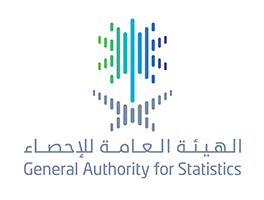
The General Authority for Statistics: Stability in the Unemployment Rate of the Saudi Population at (12.8%) and a Decline in the Total Unemployment Rate to Reach (5.8%)
01-01-2018

The Prince of the Eastern Province, Prince Ahmad Bin Fahad Values the Role of GaStat in Providing Updated Data and Statistics to All Government Entities
26-02-2018

50 Students Participate at the General Authority for Statistics “Cooperative Training Program" this semester
25-02-2018

“Saudi Statistics” is a member in the Global Work Group on big data for official statistics
07-02-2018

GaStat Releases Real-Estate Prices Index for the 4th Quarter 2017
29-01-2018

Housing Survey 2017 Findings Now Released by GaStat
28-01-2018

GaStat: (2.9%) of Saudi population have disability with (extreme) difficulty
11-01-2018

GASTAT spokesman: Unemployment rates are calculated according to international standards and published by GASTAT through various channels on its official website and social media accounts
10-01-2018
The overall unemployment rate among the population is 5.8%, while the rate for Saudi citizens is 12.8%.
General Authority for Statistics (GASTAT) spokesman: Unemployment rates are calculated according to international standards and are published through GASTAT’s official website and social media platforms.
In response to recent discussions regarding the unemployment rate among Saudi citizens, the accuracy of the published figure, and various interpretations attempting to estimate the unemployment rate, the official spokesman of GASTAT, Mr. Taiseer Al-Mufarrej, clarified that GASTAT has published the Labor Market Report for the third quarter of 2017 through its official website. The report provides comprehensive indicators on the labor market in the Kingdom based on two main sources. The first is actual estimates derived from the Labor Force Survey conducted quarterly by GASTAT. The second is administrative data obtained from relevant agencies including The Ministry of Labor and Social Development, the Ministry of Civil Service, the General Organization for Social Insurance (GOSI), the Human Resources Development Fund, and the National Information Center (NIC).
The report, along with the main press release issued by GASTAT at the time, included both the overall unemployment rate for the total population and the unemployment rate specific to Saudi citizens. The results of the report for the third quarter of 2017 showed that the overall unemployment rate among the population was 5.8%, which represents a decrease compared to 6.0% in the second quarter. The unemployment rate for Saudi citizens remained unchanged at 12.8% in both the second and third quarters.
Regarding the incorrect interpretations of the unemployment rate that were observed, Al-Mufarrej stated that these interpretations revolve around two main issues. The first involves misreadings and assumptions regarding the actual unemployment rate and how it is calculated. In this regard, he emphasized that GASTAT adopts internationally recognized methodologies that are followed by global statistical organizations, in the same manner as other official statistical agencies around the world, in estimating unemployment rates. GASTAT publishes detailed breakdowns by gender, nationality, and administrative region. Therefore, any alternative method of estimating unemployment that does not follow these established standards is incorrect and should not be considered.
The second issue observed is the failure to distinguish between the overall unemployment rate for the total population and the unemployment rate specific to Saudi citizens. GASTAT has consistently published both figures since the initial launch of the Labor Force Survey, which later evolved into the Labor Market Report. Each rate reflects a distinct measurement. The overall rate represents the total population, including non-citizens, while the Saudi-specific rate excludes non-Saudis. It is also important to note that international organizations, when comparing unemployment levels between countries, rely on the overall unemployment rate that includes the total population.
Al-Mufarrej further confirmed that GASTAT provides various communication channels to respond to inquiries from interested parties and media professionals before publishing any interpretation, information, or clarification related to statistical indicators or data. He stressed that the lack of accuracy in some of the information circulated by the public or media may result from relying solely on news headlines without referring to the source or the full statistical report. This report is published in multiple formats on GASTAT’s official website and contains all the necessary details, data, survey methodologies, and international standards used in its preparation.

The General Authority for Statistics: Stability in the Unemployment Rate of the Saudi Population at (12.8%) and a Decline in the Total Unemployment Rate to Reach (5.8%)
01-01-2018